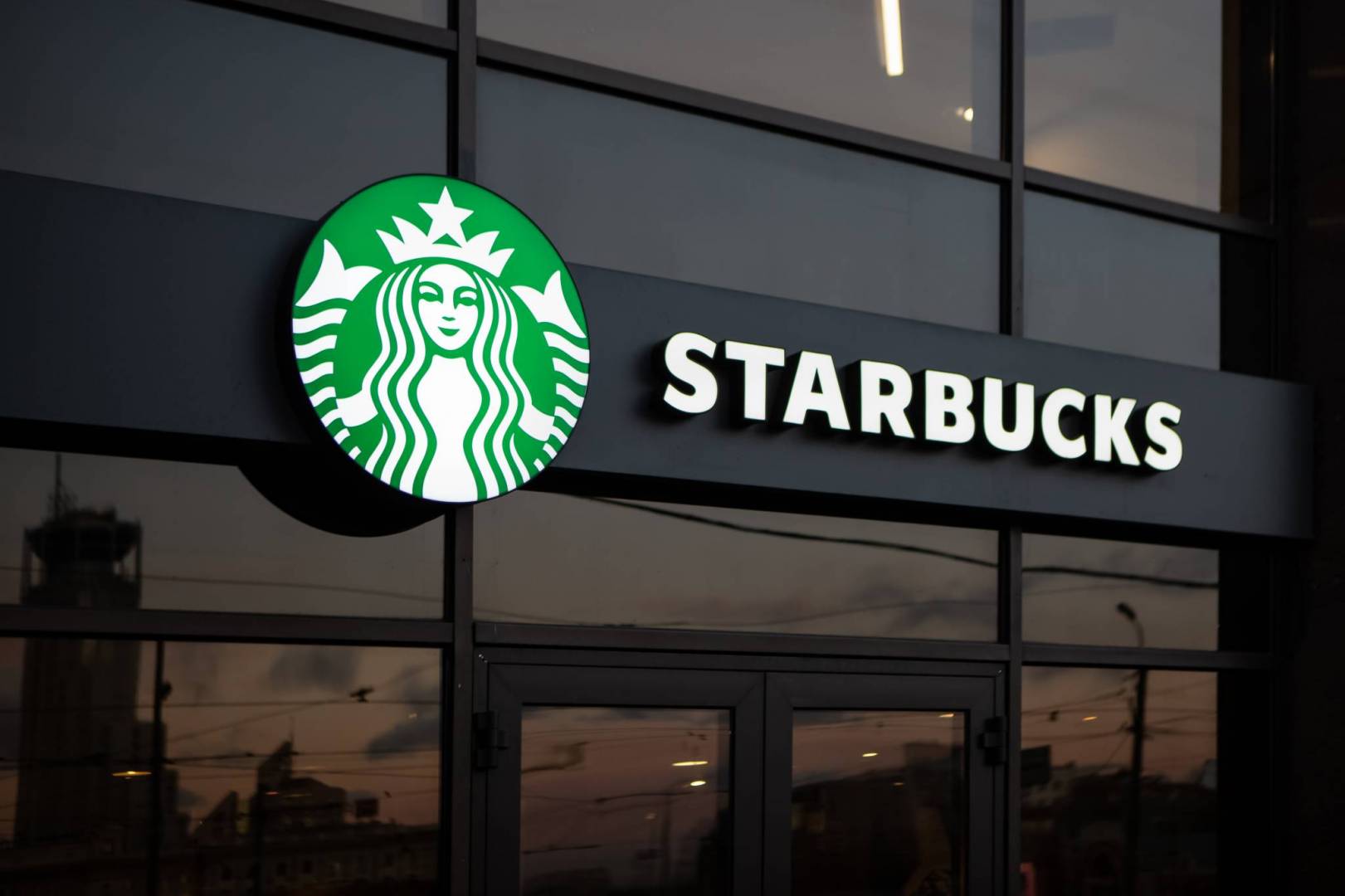Starbucks Stock Plummets Amid Gaza Conflict Boycott
As global boycotts escalate due to the Gaza conflict, Starbucks faces a significant drop in stock prices, raising questions about corporate responsibility and consumer activism.
Published May 06, 2024 - 00:05am

Image recovered from shorouknews.com
Starbucks has experienced a sharp decline in stock value, with prices plummeting over 31% since the momentum of a global boycott gained traction. Accusations that the company supports Israel amidst the ongoing warfare in Gaza have led to widespread calls for boycotts. This financial downturn has been recorded since mid-November.
As per data from Wall Street, analyzed by Anadolu Agency, Starbucks' shares reached $73.11 by the end of Friday's session, a steep fall from $107.1 on the 16th of November. The company shared underwhelming first-quarter profits and revenue for 2024 on April 30th, further exacerbating the stock's decline with earnings per share at 68 cents, falling short of the expected 79 cents.
CEO Laxman Narasimhan stated that the quarter's results do not reflect the strength, capability, or future opportunities of the brand, acknowledging the challenging environment the company operates in. Amidst heightened boycott calls in mid-November 2023, the shares experienced a 2.43% drop in one day, indicating the lowest value since March 2020.
On top of the financial implications, the escalation of hostilities in Gaza has prompted various reactions, including direct military responses from Hamas. Despite a United Nations Security Council resolution demanding an immediate ceasefire, and Israel facing charges of 'genocide' at the International Court of Justice, the conflict rages on, further fueling the boycott initiatives against corporations like Starbucks deemed supportive of Israel.
The global boycott, which had a substantially negative impact on Starbucks' stock, appears to be rooted in the geopolitics of the Middle East, a region historically fraught with conflict and controversy. The connection between such international issues and the corporate sector highlights the extent to which global politics can influence market dynamics and consumer behavior. While Starbucks has not officially declared support for any side in the conflict, the perception of alignment with Israel has been enough to catalyze action among advocacy groups and socially conscious consumers.
In response to the plummet in share value, Starbucks initiated a range of strategies aimed at damage control and restructuring its public image. Efforts to engage with human rights organizations, transparency over supply chains, and emphasis on corporate social responsibility were among the redeployed tactics. However, these measures have yet to resonate with the markets and the general public, thereby not alleviating the pressures on their stock prices.
Financial analysts suggest that the impact of the boycott on Starbucks' operation may be long-lasting. They cite previous instances where consumer boycotts have led to enduring changes in company policies and brand reputation. The drop in the company's stock price reflects not only immediate revenue loss but potential future challenges in market positions globally, as consumers are increasingly influenced by political and social issues when making purchasing decisions.
Consumer behavior experts note that the digital age has introduced a new dynamic into how boycott movements operate. Social media and global communications networks have enabled a rapid and wide dissemination of boycott calls, turning local issues into global movements. The Starbucks boycott is a prime example of how digital platforms can amplify a message and influence both markets and multinational corporations quickly and decisively.
Meanwhile, the humanitarian situation in Gaza continues to deteriorate. The ongoing conflict has resulted in a significant number of casualties and widespread destruction of infrastructure. International aid organizations have raised alert to the dire need for food, medical supplies, and shelter in the region. The international community faces increasing pressure to act and deliver a robust response to the urgent humanitarian crisis unfolding.
On the ground, the effects of the boycott are further compounded by a changing consumer landscape post-pandemic. As people's habits and preferences have evolved, so too has the retail environment - with more customers seeking alternatives to large chains. Independent coffee shops and local businesses are gaining patronage from those wishing to make purchases that align with their values, emphasizing community support and ethical operations.
Analysts suggest that Starbucks and other corporations facing similar dilemmas might need to revisit their crisis management and public relations strategies, prioritizing sensitivity to geopolitical issues and proactive engagement with stakeholders. Furthermore, the need for authenticity in corporate social responsibility initiatives has never been greater, with consumers calling for sincere action rather than token gestures.
As events continue to unfold, it remains to be seen how Starbucks will navigate through the dual challenges of a declining stock market presence and the complexities of global politics. The company’s leadership is tasked with not only addressing the immediate financial repercussions but also setting a precedent for corporate behavior in an increasingly interconnected and politically charged market landscape.






